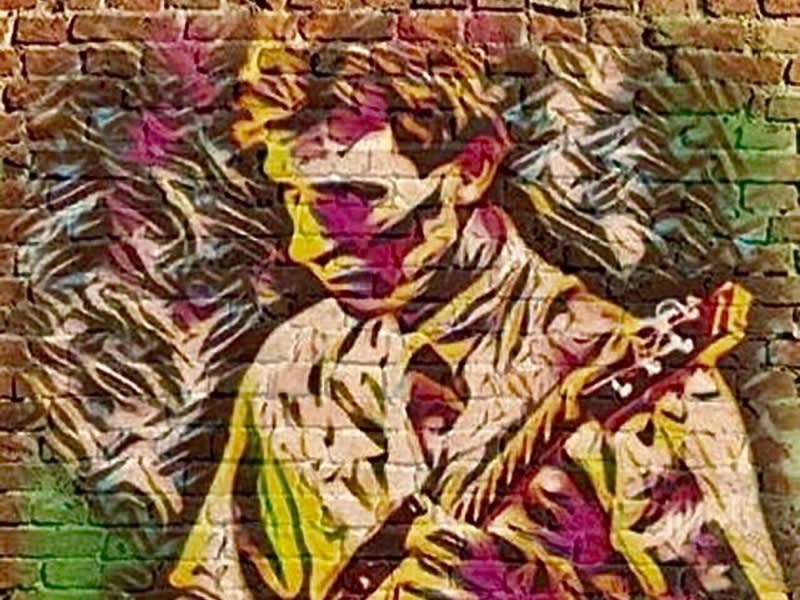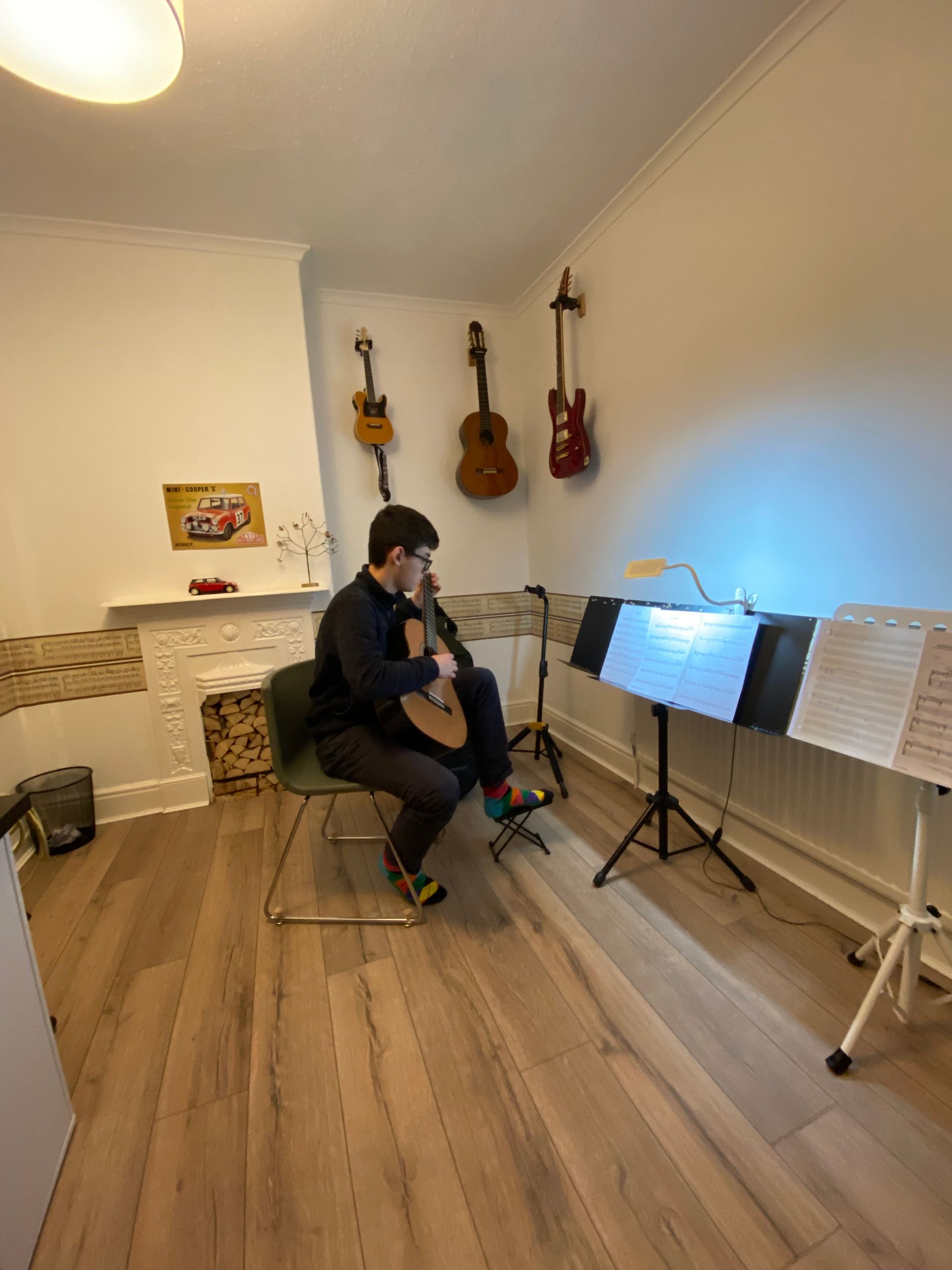10/3/2024
INVESTIGATE METHODS OF PRACTISING!
Practising is an Art in itself
It has to be learned, just as knowing where the notes are on the guitar has to be learned.
The first and most important aspect is to practice SLOWY and in time, even if the result doesn't 'sound like the music'.
"But it doesn't sound like it," students often say.
That's because the rhythmic sense of the music is lost at very slow tempos but if you practise too fast, you will not be able to make the transitions and create the flow necessary to make the music 'sound right'.
Practising too fast is the most fundamental mistake people make and is usually due to impatience.
It's also often due to completely ignoring the timing and placing the emphasis on what people call "the tune".
The thing is, “the tune” *is* the rhythm.
It’s the time , rhythm and phrasing which creates “the tune” and that is why it’s so important to practise slowly and in time.
It is necessary to sometimes separate the different notes (pitch) of the melody from the rhythm.
That is a particularly good method when studying difficult passages.
For example-play the rhythm on one note, and or clap it whilst counting. SLOWLY!!!
Time, rhythm and phrasing are the most important aspects of music and the most difficult to master for most people.
Get a good professional teacher and they will show you how to practise properly and save you a lot of time.
An experienced musician/teacher will be able to teach you various methods of practising which will help you to develop solid technique and a better understanding of the learning process.
Invest in a metronome.
Learn to count rhythms by developing a counting method for crotchets, (quarter-notes)
minims (half-notes), semibreves (whole-notes), quavers (eighth- notes), semiquavers (sixteenth-notes), the triplet version of all of those and also for tied and dotted note values in all the time signatures.
Learn how to count the equivalent rest-values.
In time and rhythm, silence is as important as sound.....
A crotchet (quarter-note) is not always worth one beat!
Learn to thoroughly understand time-signatures - note values are entirely dependent
on the time-signature!!
There's obviously more to it than those examples but you have to start somewhere.
Build a solid foundation....
ALWAYS PRACTISE IN TIME! That is what music *is*



